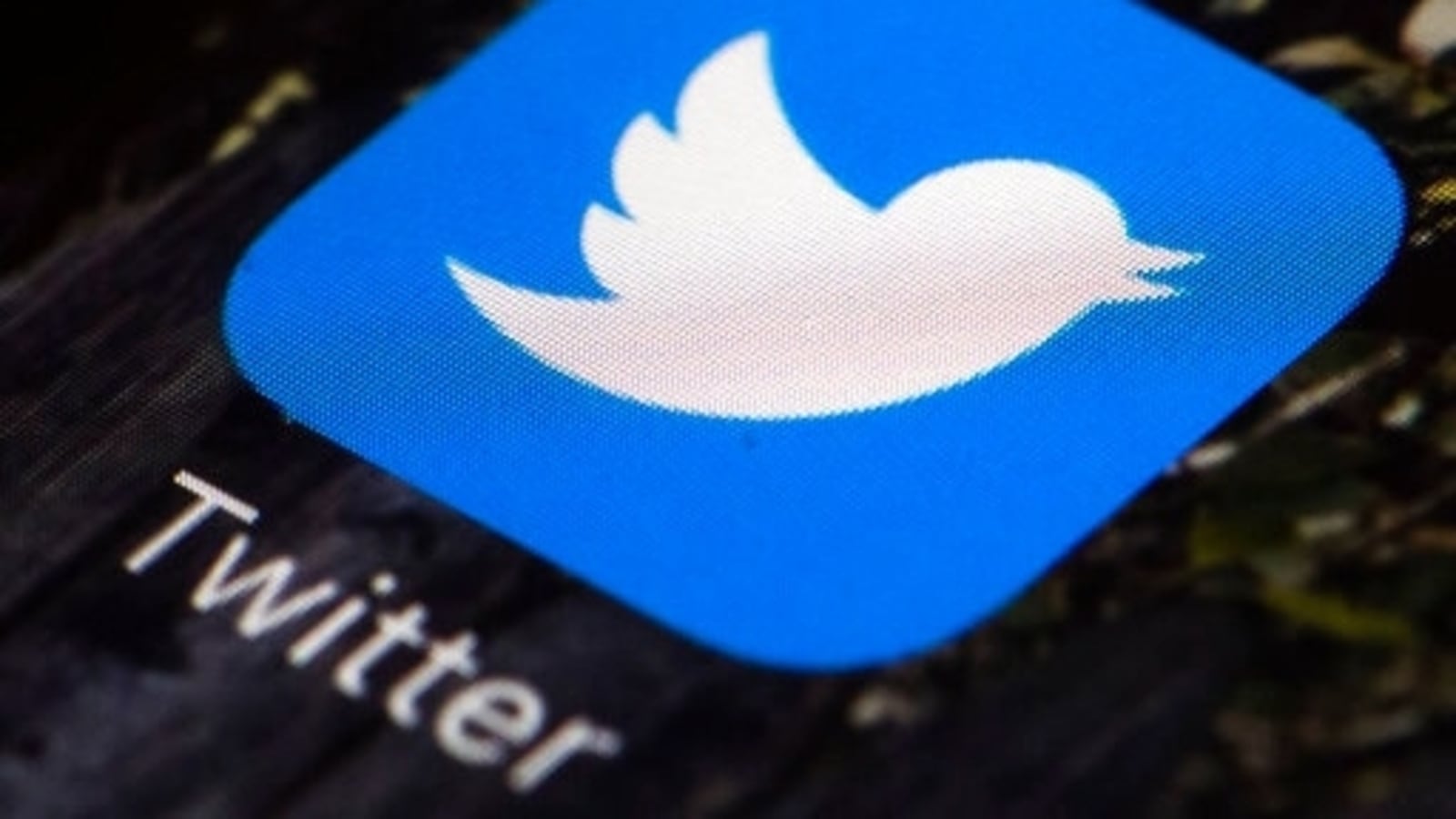Twitter has ‘scary amount of power,’ co-founder Biz Stone says
Stone, who co-founded Twitter with Chief Executive Officer Jack Dorsey in 2006, is the latest tech executive to publicly question whether social media companies have too much power when it comes to policing people online.

Twitter Inc. co-founder Biz Stone believes the social media company made the right decision when it banned then-President Donald Trump from its service in January, but that doesn't mean he's comfortable with it.
“It's a scary amount of power,” Stone said during an interview for the Collision Conference on Thursday. “The CEO of a company in San Francisco can quiet the president of the United States. He is not elected, nothing like that, and yet that had a major impact.”
Stone, who co-founded Twitter with Chief Executive Officer Jack Dorsey in 2006, is the latest tech executive to publicly question whether social media companies have too much power when it comes to policing people online.
Shortly after the Trump ban, Dorsey himself questioned Twitter's power. Facebook CEO Mark Zuckerberg told U.S. lawmakers last month that he was worried about his company's role in suspending Trump from its service. “Many people are concerned that platforms can ban elected leaders,” he said during a March 25 hearing. “I am, too.”
Stone said he wasn't involved in the formal decision-making process on Trump, although he did send his views to Dorsey and agreed with the decision.
“It was a good decision for Twitter I think,” he added. “But it's also a little bit frightening to know that maybe there's that much power in one person's decision.”
Stone has been uncharacteristically quiet since he returned to Twitter in 2017. In the company's early days, he was a visible spokesman, often speaking in the media or traveling to other countries as a kind of Twitter ambassador, a role Dorsey and Twitter's other co-founder Ev Williams weren't interested in.
He was supposed to become “entrepreneur in residence” at the venture capital firm Spark Capital in 2017 when Dorsey persuaded him to return to Twitter instead. Stone's position at Twitter was perhaps even more vague. “Somebody mentioned I'm just filling the ‘Biz shaped hole' I left,” he wrote in a blog post at the time. “You might even say the job description includes being Biz Stone.”
That blog post now makes him cringe, and Stone said he came to help make Twitter a place where people actually wanted to work again. At the time, the company was in a financial and cultural mess. Having just tried and failed to find a buyer, Twitter cut costs, laid people off and closed its video app Vine.
“When I came back, the main reason was ‘let's improve morale,'” Stone said. He created short films about different teams inside the company to highlight their efforts. He also worked with Dorsey to create the company's purpose statement, “We serve the public conversation,” which is often repeated by executives on investor calls and press events.
“It worked way better than I thought it would,” he said. “It highlighted all the stuff that wasn't serving the public conversation and brought up the question ‘why are we even working on these things?'”
Now Stone is transitioning again. He said he moved into a part-time adviser role at Twitter earlier this year, and has shifted some of his focus to outside projects, including philanthropy and venture investing. “It's almost kind of eye-rolly,” he joked in a subsequent interview of his new focus on investing, a common path for tech executives who make it big as part of a startup.
He started a new venture capital fund called Future Positive with an old business partner, Fred Blackford. The pair unsuccessfully tried to buy Polaroid Holding Co. in 2016, but many of Stone's other deals have been more successful. He invested early in companies including Pinterest Inc., Slack Technologies Inc., Square Inc. and “fake meat” company Beyond Meat Inc., where he's still a board member.
Despite his experience building technology products, Stone said the fund won't have a specific focus. “Great ideas can really come from anywhere, and so we're not just focused on typical Silicon Valley,” he said.
Stone said he isn't stepping away entirely from Twitter. He wants to see how plans to let employees work remotely after the Covid-19 pandemic ends will affect the culture he helped build. There are a lot of benefits to remote work, he said, but it has trade-offs.
“You lose the serendipity and you lose the time that you're talking when you're waiting for the conference room to open,” he said. Those spontaneous moments will eventually need to be replaced for people who aren't physically in the office.
“If you completely lose that you lose a big element of company culture,” he added, “which, if company culture is done right, it can be a massive benefit to the success of the whole company.”
Catch all the Latest Tech News, Mobile News, Laptop News, Gaming news, Wearables News , How To News, also keep up with us on Whatsapp channel,Twitter, Facebook, Google News, and Instagram. For our latest videos, subscribe to our YouTube channel.































